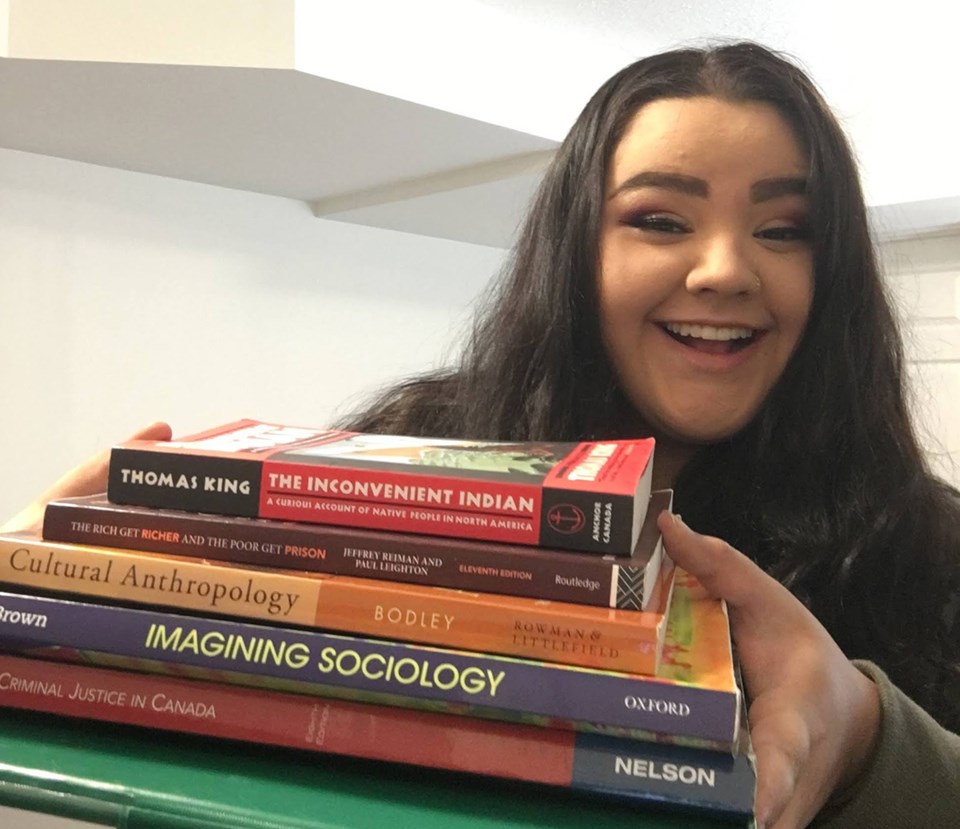Equity and inclusion are foundations for which Youth Futures Education Fund (YFEF) recipients achieve success in post-secondary pursuits.
“Systemic racism has left Indigenous students historically marginalized. We are working to ensure Indigenous former youth in care have the financial support they need to pursue their post-secondary educations so they can share their knowledge, rich life experience and skills to make our communities more inclusive, caring and open,” says Maureen Young, Chair, Youth Futures Education Fund.
Almost 800 students in B.C. were on tuition waivers in 2020 and eligible to receive YFEF funds to help pay for part of their living expenses, including rent, utilities, transportation and books.
Thirty (30) percent of those who received funding from YFEF in 2019/20 are Indigenous, up from 26 per cent in 2018/19. Only six per cent of students who use the YFEF withdraw from their studies - an incredibly low drop-out rate for students with such complex barriers.
The Youth Futures Education Fund helps former youth in care pay for part of their living expenses while at school. Students are eligible if they use the Provincial Tuition Waiver Program while studying at any one of the 25 public post-secondary institutions in B.C., in a union or apprenticeship training program, or at the Native Education College; or, if they access a tuition waiver provided by their public post-secondary institution.
Approximately 92 per cent of B.C. parents with children under 30 help them financially – critical support that is not often available to students from foster care. This year, COVID-19 is disproportionally affecting this population: former youth in care pursuing post-secondary education face precarious employment and housing due to the pandemic. YFEF support ensures this protective factor is in place so everyone has equal access to education.



